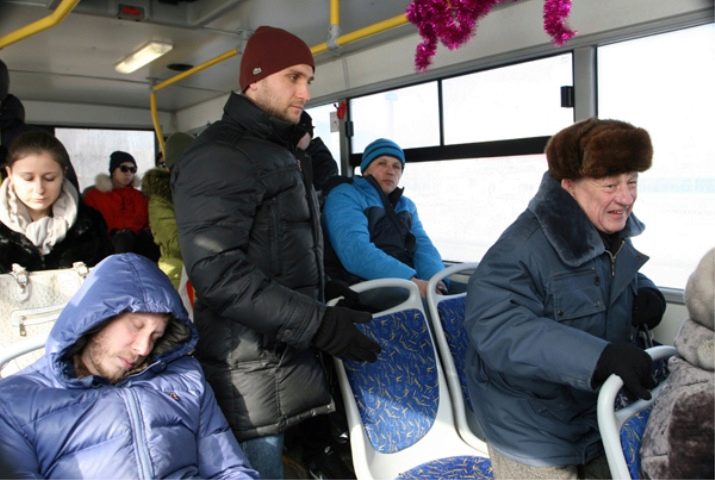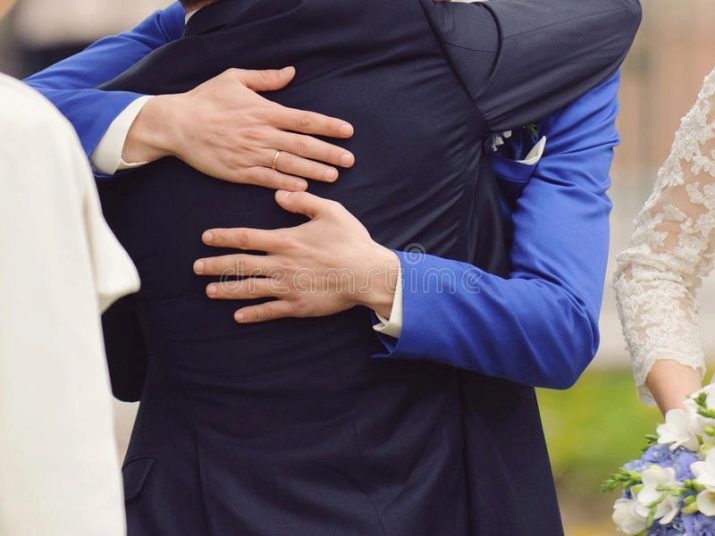Throughout life, a person comprehends the rules of communication in society. In a formal form, they are expressed by etiquette. Polite behavior stimulates people to communicate and interact, it resembles water, stimulating the plant to grow. Respect for the personal space of another person has always been highly valued in highly developed societies. Rules of etiquette and courtesy: we understand the intricacies of communication.

The main forms of secular behavior
In the communication of people there are three main forms: official, unofficial, impersonal. Let's consider the main aspects.
Official
This species is characterized by increased tact. Any appeal contains "you", "you", "you". Positive actions are accompanied by gratitude, for example, “thank you”, “very nice”, “I am grateful to you”, “you are so kind”, which is customary to answer with “no reason”, “glad you liked it”, “eat at health ”(if you were treated to food). In addition to addressing “you,” corporate business ethics may emphasize position, rank, and achievement.

Unofficial
This form is used when communicating well-known and close people. It is characterized by a minimal set of strict conventions. The appeal is accompanied by the personal pronoun "you," "you," "with you." The answers are simpler: “thank you,” “be healthy,” “contact me.”

Impersonal
This species is characterized by the absence of a personal pronoun. Words are addressed as if into the air or to everyone at once, for example, “Do not tell me what time it is? "," Tell me how to get to the square. "
The designated norms for the transition in communication from the appeal of “you” to “you” do not exist, often this occurs with prolonged close communication.Poorly educated people are distinguished by an appeal to “you” to everyone without exception. In any interaction of people (with rare exceptions), one of the parties is the initiator. The first at a meeting, subject to mutual visibility, shows signs of courtesy:
- man to woman;
- subordinate to the chief;
- younger in age to older;
- incoming to the present;
- suitable standing.

How to behave?
To be a truly polite person, it is worth considering a number of basic rules of behavior in society:
- Appeal to another person should not be rude, aggressive, loud.
- Human movements should be measured and calm without sharp turns and twitches.
- Appearance must be tidy: it is important to observe the rules of hygiene (it is unacceptable that the body exudes unpleasant odors);
- When communicating, it is advisable to use the words “please,” “thank you,” “all the best,” and the like; you cannot use swear words.
- You can’t laugh out loud, grin, passing by strangers.
- You can not itch, pick your teeth, nose, ears.
- Yawning, do not open your mouth wide: it is better to cover it with your hand, the same rule applies to sneezing.

It is unacceptable to violate the rights and comfort of others, except for force majeure. Only in this case can you leave the other person and leave for urgent business. If the matter can wait, it is impolite to throw the interlocutor at a glance. Behavior should not be defiant and expansive, especially in crowded places. If you need to contact someone, you should approach this person and calmly ask, and not scream, disturbing and annoying others.
Space in any public place should be evenly distributed among all those present. If this is a bench, you need to sit, taking up one place, and not fall apart into half a bench. If this is a cramped room, do not
- to place elbows;
- to stretch out arms;
- make sharp turns.

In transport bags, backpacks are removed from the shoulders and held in hand. It’s good practice to provide a seat:
- disabled people;
- people with injuries of the musculoskeletal system;
- To old people;
- pregnant women;
- small children;
- women (the item is relevant for men).

Physical contact with another person is possible only with his approval. It is not recommended to touch strangers, to touch friends is possible only if you have friendly behavior in the framework of ordinary rituals, such as shaking hands, patting on the shoulder, friendly hugs. When interacting with another person, think about the fact that he has his own plans, needs and desires, do not restrain someone if you can see that he wants to leave.

Rules for communicating with strangers and strangers
Communication with unfamiliar and strangers has its own characteristics:
- At the first meeting, look at the interlocutor, but not too often.
- Smile while chatting.
- It is important to use the personal pronoun "you". This shows respect and is the basis for further conversation.
- Acquiring the first, the initiative is shown by the elder to the younger, the man to the woman, the boss to the subordinate.
- You can switch to “you” only at the request of the elder (boss), while the one whose hierarchy is lower can afford to appeal to “you”.
- The beginning and end of the dialogue is often accompanied by a gesture: a raised palm, a nod, a tilt of the head.
- You need to shake your hand not very strongly, but not lifelessly (no more than 1-2 seconds).
- At the entrance to the room, where in addition to acquaintances there are strangers, you need to say hello to everyone, giving strangers their name.
- At the entrance, they remove their headgear, before shaking hands - gloves.

If you need any help from a stranger, you should politely say hello and ask if he can devote some of his time to help. After receiving an affirmative answer, you can state the request.If the request is something fleeting, for example, determining the time or location, after the greeting, you can immediately ask a question.
If a person speaks to you, but you don’t remember whether you know him or not, you should ask a question, starting with an apology (for example, “I'm sorry, do we know each other?”).

Standards of conduct at the table
When eating, a comfortable environment is especially important. A few basic rules should be followed. The pose should be straightened:
- You cannot lean on those sitting nearby, even if you are sitting shoulder to shoulder;
- It is unacceptable to stretch the legs, they should be bent and be in front of the front legs of the chair at a short distance.
In addition, you can not eat with your elbows apart and put them on the table. The elbows should be pressed to the ribs. It is unacceptable to extend your arms above the table, except with the intention of putting food from any dish on your plate. Away is better not to initiate a conversation at the table, it is worth leaving it at the discretion of the owners of the house.
If this is a public place, the old rule “when I eat, I am deaf and dumb” will not put you in a bad tone.

In no case should you talk with food in your mouth. When chewing food, try to keep the mouth gap closed: this ensures the absence of champing sounds. Using cutlery, do it carefully, without creating shock, creaking, scratching sounds. It is impossible:
- pounding on the table;
- take food from someone else's plate;
- indulge in;
- throw objects;
- sing;
- talk on the cell;
- apply makeup.

The exception is the medication prescribed with a meal. A man should help a woman sitting to his right (for example, at the request of serving various dishes or pouring drinks). Behavior should be moderate, calm and constructive towards others. Remember: nothing is valued as politely. Everyone should have good manners and decency of behavior. In international practice, immoral and rude behavior is prohibited.
Learn more about the basic rules of etiquette and courtesy in the next video.










